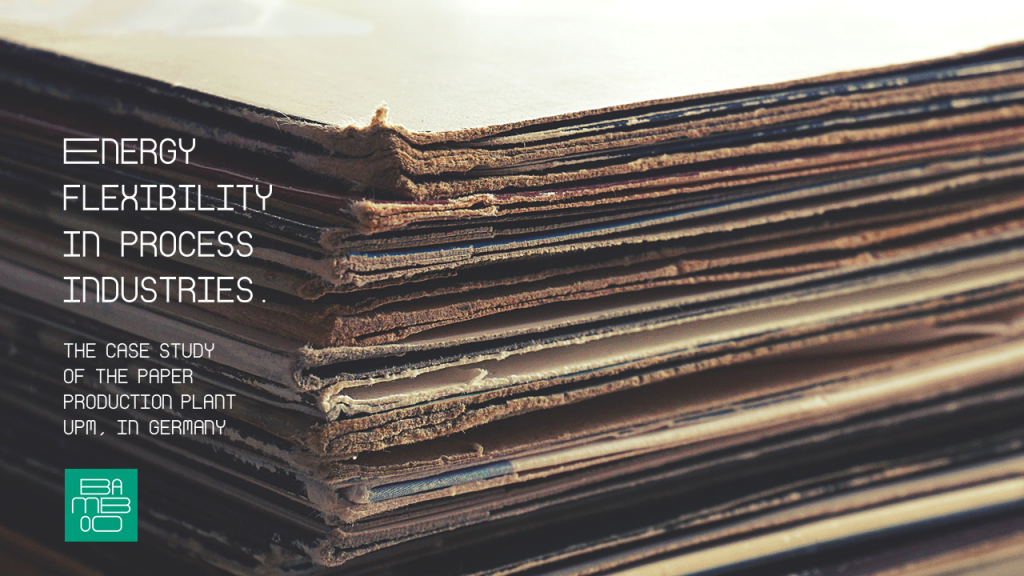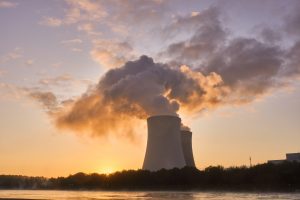The current energy transition is affecting all human activities and energy habits. A shift from the use of fossil and non-renewable resources to the exploitation of renewable ones is now considered as crucial to preserve the future environment and meet the sustainable development goals. To meet the targets set by the Paris Agreement, the global energy system must undergo a profound transformation, by enhancing energy efficiency and investing in renewable energies. Of all production sectors, the manufacturing one is among the biggest energy consumers and, therefore, it’s asked to play a key role in the reduction of energy demand and to contribute to the implementation of renewable energies in the energy system. In this context, the idea of flexibility has become a common concept for the energy transition. Flexibility is now seen as an essential feature for the future power systems, to turn the current energy inefficient system into one dominated by renewable energy. Therefore, companies must adopt flexibility strategies: the more companies can be energy flexible, the more they can cope with changes in energy markets and, consequently, reduce energy costs, as well as increase their stability and competitiveness. The paper “Integrated methodology to assess the energy flexibility potential in the process industry” investigates energy flexibility strategies in production systems and develops a methodological approach for the paper production plant and BAMBOO demo site UPM, located in Germany.
ABSTRACT
In the last decade, renewable energy supply has gained increasing interest, as it can contribute to the diversification of the energy mix. Energy flexibility offers consumers the opportunity to benefit from fluctuating energy prices, connected to the volatility of wind and solar power. This paper aims at mapping flexibility strategies and their requirements in the process industry environment. The conception of flexibility measures requires a characterization of energy flows, in order to identify hotspots and estimate the flexibility potential. An integrated methodology has been developed with the purpose of supporting investment decisions for a case-study in the paper production sector in Germany.
The full paper is available here.



